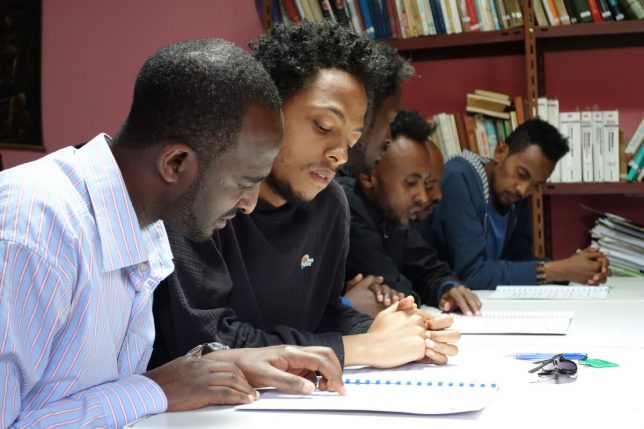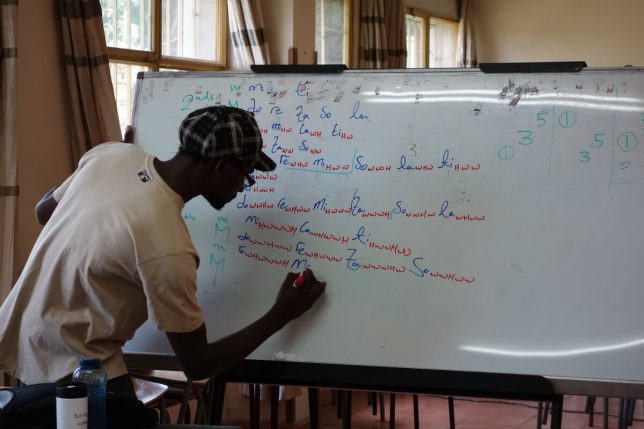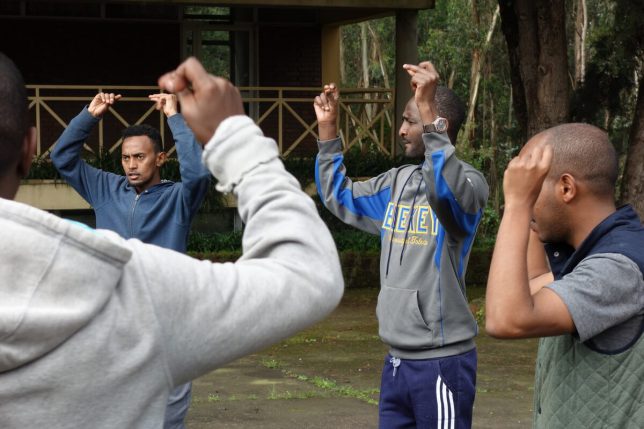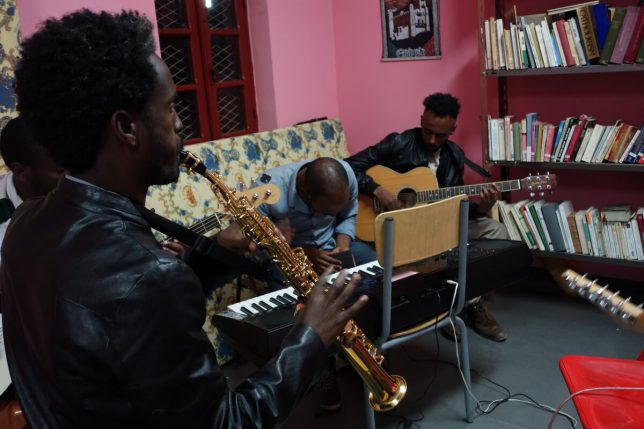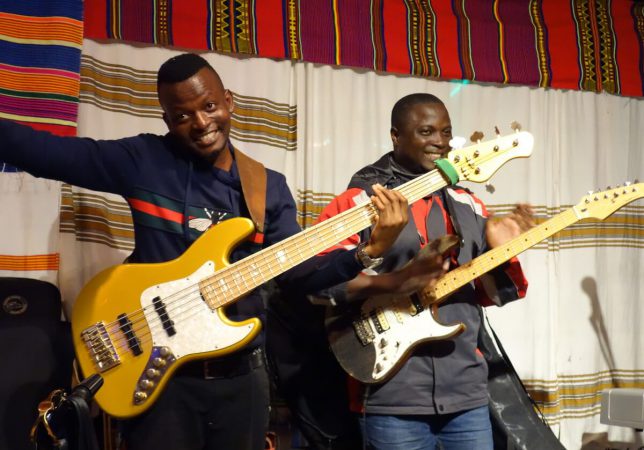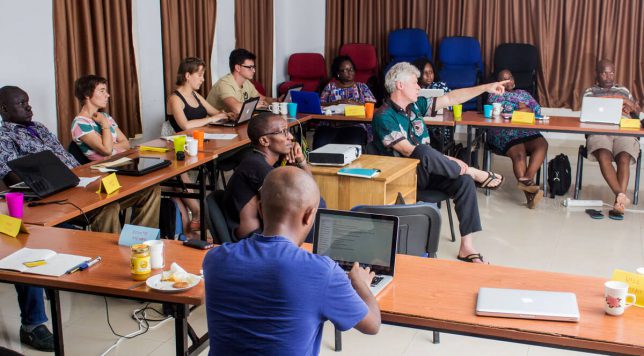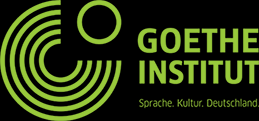The East African Global Music Campus (EAGMC)
Documentary Film about the EAGMC held in Addis Abeba, Ethiopia from the 11th of September to the 3rd of October 2018
The East African Global Music Campus (EAGMC) was a two year Erasmus + project co-funded by the European Union and the Goethe-Institut comprised of a consortium of Music Schools and Academies from Ethiopia, Malawi, Mozambique, Uganda, Sierra Leone, South Sudan, Tanzania, Zimbabwe and Germany. The aim of the project was to enable talented young musicians in these countries to acquire the necessary skills to perform, read, write, document and transmit their own music cultures to allow them to engage in local and interregional markets and contribute to the development of a diverse and dynamic music sector in Africa. The project involving three different activities in 2017 and 2018 had the following aims and objectives.
- To empower young musicians through musical training and capacity building within the partner organizations. To improve training techniques and develop innovative new curricula for non-formal learning
- To develop the administrative structures and enhance management capacities to allow for a greater interaction between the partner organizations and young musicians within the music education value chain and its interfaces with the creative economy.
- To link the partner organizations on an interregional level to exchange best practices and innovative ideas for the development of the creative economy based on the development of a music education system relevant to the needs of the participating countries.
To do this the partners developed a capacity building program which took place in April/May 2017 in Kampala, Uganda to train the administration of the schools/academies in a variety of areas crucial to their sustainable development. This included music school management, bookkeeping, using calculation sheets, social entrepreneurship, cultural management/music business, content management, accreditation, exchanging best practices and grant writing. In addition the proximity of the East African Performing Arts Market (DOADOA) allowed them to network at a regional and inter-regional level and take part in a series of conference sessions to present and promote the project.
The second activity was a 23 music training campus held in Addis Abeba, Ethiopia in September 2017/18 where a group of 7 musicians/music teachers from 5 of the partner organizations in Ethiopia, Uganda, Sierra Leone, South Sudan and Tanzania were introduced to the first year (foundation year) of an innovative new curriculum focussed on the music of Africa led by an international team of trainers from Ethiopia, Zimbabwe and Germany.
This new curriculum has been specially designed for use by music schools in the region and will allow the partner organizations to offer professional music training in their institutions using a modular training system adapted from the European Credit Transfer System (ECTS) using Learning Outcomes, Modules, Module Descriptions and Credit Points. The program includes an innovative core curriculum with modules in Body Percussion, Rhythmic Reading and Writing, Melodic Reading, Harmony & Ear Training, Keyboard Harmony, Transcribing, Arranging, Pedagogy, Main Instrument and Ensemble. The curriculum has been designed with accreditation in mind so that future students will be able to obtain a qualification through the Technical and Vocational Education Training Systems in their own countries (TVET) as music educators and performers.
The second phase of the project is due to start in November 2019. This will provide training in the second year of the curriculum coupled with workshops in various crucial aspects of business development including social entrepreneurship, fundraising/grant writing and advocacy. This will allow the partners to develop a full two year program leading to a professional certificate in music and make a significant contribution to the development of the music industry in the countries concerned.
As the project develops over the next years the trainees will use the skills they are gaining to transcribe music from their countries to expand the curriculum and make it even more relevant in terms of content. These transcriptions will be used to develop new teaching materials for the program and the trainees will learn how to do this themselves as part of the process.
The documentary video shown here gives some insights into methodology of the training using clips from the training and interviews with the participants interspersed with excerpts from the final concert held at the Goethe-Institut in Addis Abeba on the 3rd of October 2018.
